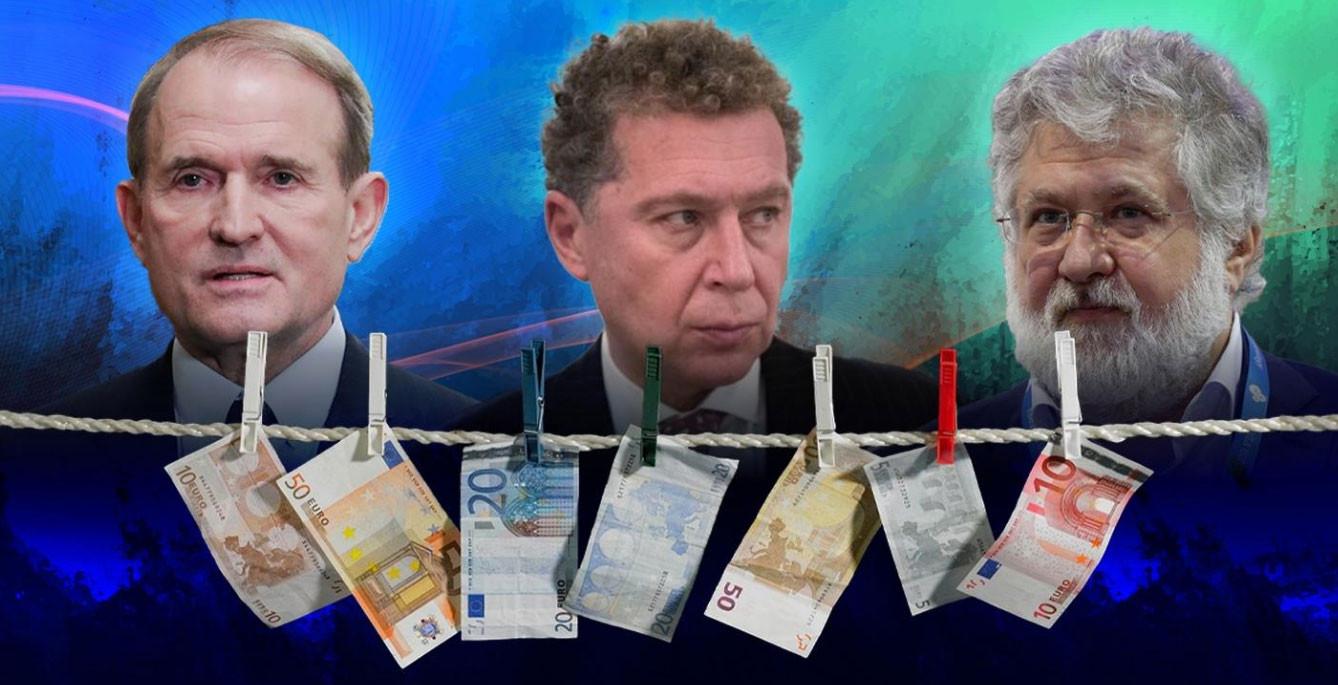
Armenian Proxies Travel the World to Help Oligarchs Secretly Move Millions
By Christine Aghalaryan, Rima Grigoryan, Matt Bernardini, Scott Steadman
Since 2017, nearly 100 Armenian citizens have served as proxy directors for a network of companies that have been used by prominent Eastern European oligarchs to move millions of dollars, shift assets from shuttered banks abroad, and pay for lobbying services in the United States.
Many of the companies are shareholders of each other and nearly all of them have similar websites that were created by two men. Some of the companies have even been directly involved in the Russian laundromat, where $1 billion was stolen from Moldova. Most of the companies moved money using invoices for goods such as textiles, equipment, and agricultural items, although it’s doubtful there was any physical exchange of goods.
Some of the companies also used a Bulgarian brokerage company to transfer money via security trades. Reporters from Forensic News and Hetq interviewed many of the directors, and analyzed invoices, court cases and bank records to get an understanding of how the scheme worked.
45-year-old Mushegh Jabakhjuryan lives in a modest house in Yerevan’s Nork suburb. He worked in the cash collection unit of AraratBank but now he is unable to work after being injured in the Artsakh 2020 war. The family can’t finance his medical treatment abroad. Jabakhjuryan founded Equimach Sp Zoo, a company registered in Poland in 2017, and serves as its board chairman.
Jabakhjuryan is one of dozens of Armenian citizens whose data was used to register companies and open bank accounts in several European countries. These people don’t know why these companies were created or what they do. They only know they were invited to Europe by friends, where they stayed in the best hotels, enjoyed themselves, and then returned home․
These people don't want to talk about their European trips or admit who invited them to Europe and for what purpose.
The money laundering companies are mostly shareholders of each other and almost all have similar websites created by two people, Orest Backman and Andery Vastor.
Most of the companies are registered in Central Europe and Southeast Asia. They have been used in various money laundering schemes to cover up crimes and sponsor campaigns for politicians.
Hetq’s partners at Forensic News talked to several foreign banking experts who said that Baltic banks, after previous scandals, have become more attentive to companies that have accounts in their banks. As a result, criminals moved their business activities to other countries. The Czech Republic plays a role in this scheme. Those acting as directors went to the Czech Republic to open bank accounts for these companies.
Marek Chromy, a senior analyst at Transparency International in the Czech Republic, told our colleagues that Czech law enforcement agencies can be lax about company registration requirements, which creates gaps in law enforcement.
During our first visit, Jabakhjuryan denied ever being in Europe or that he had founded any company. However, during our second visit, when we showed him photos of his social network posts taken in Europe, he said his memory has failed him after being wounded in the war. He said he didn’t want to talk about the matter.
When asked who invited him to Europe, what company he founded, and whether he recognizes his signature on several corporate documents, of other documents, Jabakhjuryan responded angrily:
"I bought the tickets, I left. I entered the airport, I left. I entered the embassy, got the ticket, and left. I don't know, give me a break. Leave me alone. Don't ask me anything."
Jabakhjuryan was not alone on those trips. His neighbor Gevorg Setyan accompanied him. Jabakhjuryan says he and Setyan grew up and served in the army together. The Polish Agrofusion Sp z.o.o. company is registered in Setyan’s name.
When we first visited Setyan’s house in Nork, he wasn’t home, so we left our contact info with his daughter. He never called us. During our second meeting, Setyan’s answers were curt – “It’s none of your business.”
Setyan, 45 years old, drives a cab in Yerevan and makes around 3,000 drams (US$8 daily). He did not want to elaborate on how he was able to register a company in Poland or travel to Europe given his limited resources.
Setyan was in Warsaw and Prague to open bank accounts for the company. His published photos on social networks prove he traveled to those cities. However, when we asked him why he visited Poland or the Czech Republic, he only said that he "went on a trip". He kept saying he was in a hurry and didn't want to talk to us. It was clear that Setyan was involved in the establishment of the company, but perhaps didn’t understand the bigger picture.
According to contracts and invoices in our possession, Agrofusion Sp z.o.o., which has accounts at the Polish banks ING Bank Slaski and Bank Ochrony Środowiska S.A., sent and received millions of dollars from Russian, Ukrainian and Moldovan companies. For example, in March 2018, Agrofusion sent US$446,000 to ExecuJet, a private charter company.
Another Agrofusion document shows the payment was made on behalf of Isle of Man-registered Almondine Limited, which owns a Dassault Falcon 7X business class jet. The contract attached to that document states that Agrofusion acts on behalf of Mountain Group Limited, the ultimate beneficiary of which is Aleksander Mamut, a Russian oligarch of Jewish extraction, who has been sanctioned by order of the President of Ukraine.
Mamut's son Nikolay is also involved in these schemes. Nikolay owns Lynwood Capital Management Fund Limited, which has shares in the Russian mining company Polymetal. Polymetal also owned assets in Armenia until 2019. It operated the Kapan Mining Enrichment Plant. According to the bank document, in April 2020 Lynwood transferred $395,590 to another company registered in Malaysia, Protech Distribution Sdn. Bhd.,to purchase equipment. The owner of Protech is Armenian citizen Arshavir Arzumanyan.
While visiting Arzumanyan’s house, we talked with his mother and wife. Both denied that he had ever been to Malaysia. His wife argued her husband wouldn’t work long hours if they owned such a company.
Agrofusion, founded by Setyan, also made a payment to Overstar Trade LLP in March and April of 2018 for transportation services, Overstar is owned by Oleksi Vekla, an employee of Ukrainian Windrose Airlines. Windrose Airlines, in turn, belongs to Ukrainian oligarch and former Governor of Ukraine’s Dnipropetrovsk Oblast Ihor Kolomoisky, who has been sanctioned by the US and is accused of corruption and laundering millions of dollars.
Some of the laundromat companies received money from banks whose assets were appropriated by the owners.
Agrofusion received $1.78 million from Cyprus-registered Volandia Reserve Limited. Volandia received a Russian portfolio from Lithuanian Bankas Snoras, whose owner, Vladimir Antonov, was arrested after the bank's "asset divestment".
In one of the financial documents, Jabakhjuryan’s Equimuch company, in 2018, asked another Polish company, Worldtex Sp z o.o., to pay 410 euros for rental services.
The director of Worldtex Sp z o.o. is Armenia citizen Roza Grigoryan. According to the company's report, Worldtex's bank accounts were blocked in January 2019 by the Polish Prosecutor General's Office on suspicion of money laundering and terrorism financing.
Many of the companies were created by the ArranConsult service provider, which also created other companies that were involved in the Moldovan scandal.
ArranConsult's archived website shows two more companies, Dackon LP and Balfern LP, co-owned by Roza Grigoryan.
Hetq met Grigoryan for the first time in May 2022. She denied having anything to do with the founding of any companies. We later found photos on her Facebook page showing her in Poland and the Czech Republic.
Our next meeting with Grigoryan was in January of this year. We met here at the beauty salon where she works. She denied any connection to any company/
Armenian citizens linked to companies providing PR and lobbying services
Roza Grigoryan's company, Balfern LP, provides lobbying services in the United States, financing those services, including the lobbying campaigns of Ukrainian politician Yulia Tymoshenko.
MKW Group, which lobbied for Tymoshenko, received $40,000.
Balfern LP, which was listed on the ArranConsult website (a company registration agency), was involved in the Russian laundromat story.
The law firm Wiley Rein, which also lobbied for Tymoshenko, received $63,000 from three different companies: Singapore-based Vizientas Pte Ltd and Fenix Invest Pte Ltd, as well as Czech Venus Commercial Sro. The director of Venus Commercial Sro is Armenian citizen Marina Alikhanyan.
We visited Alikhanyan this past January. Realizing we were reporters, she never opened the door. She promised to call us later but never did. She never answered any of our calls.
Maryland-registered ITBC LLC, owned by Ukrainian-American Sergey Krasnitsky, received $360,000 from Vizientas and Venus Commercial for Tymoshenko's campaign.
In 2018, the Polish company Zeset Sp z o.o., owned by Armenian citizen Hovhannes Hovhannisyan, provided lobbying services to Ukrainian Valentyn Nalyvaichenko. Official documents prove the company transferred $400K for these services. Hovhannisyan wasn’t at home during our two visits, and he never called the phone number we left with a neighbor.
Former Ukrainian politician Andri Artemenko received $74,450 from the Czech company Oilprom Sro. Artemenko ordered survey data in 2019 about the Ukrainian presidential elections for the TV company owned by oligarch Viktor Medvedchuk, whose daughter's godfather is Russian President Vladimir Putin. The payment was made through Oilprom. The company belongs to Armenian citizen Arman Simonyan who works as a cameraman at the MIR TV station.
Simonyan resides on the outskirts of Yerevan on the first floor of an apartment building. His mother and wife said they knew nothing about the company and that Arman was at work. We could only contact him by phone. Simonyan initially denied, then confirmed, that he had anything to do with the creation of the company but refused to meet and talk in detail about the activities of Oilprom Sro and his involvement in it.
Karen Azaryan was the only person we spoke to who explained how he became the director of a “suspect” British company. Azaryan, who works in a furniture factory, recalls that in 2018, one of his old friends (Azaryan refused to give his friend's name), who lives in Russia, contacted him and proposed a profitable deal. The friend would sponsor Azaryan’s trip to the Czech Republic, cover all expenses, help him get a visa, and in return, Azaryan would register as a proxy director in the British company Eltex Trade LLP and open a bank account. Azaryan accepted the deal. The name of that company is mentioned in the documents published by the Moldovan prosecutor's office in connection with the theft of $1 billion from Moldova in 2014.
Karen Azaryan is one of the hundred Armenians who’ve registered as proxy directors in various foreign companies. Many oligarchs use these companies to get millions of dollars out of Eastern European countries and avoid taxes. These companies launder money. Armenians involved in this network help oligarchs hide their links to these companies․
During this joint investigation, our partners visited half of the nearly 100 proxy directors and shareholders involved, mostly in Yerevan. Some were closely linked to each other. In some cases, several members of the same family were registered as directors or shareholders in these companies.
Money laundering schemes continue
Araks Abrahamyan is a manicurist who served as director of the Austrian company Equinto Handels GmbH. She traveled to Austria and the Czech Republic in 2017 and 2018. Naira Varderesyan, the director of Builmast Handels GmbH, accompanied her. Last December, Abrahamyan visited Thailand.
Equinto, Builmast and two other Austrian companies involved in this money laundering scheme, Norta Handels GmbH and Tarso Handels GmbH, have direct links to organized crime. Powers of attorney for Equinto and Norta companies belong to a man named Konstantin Makarenko, about whom the Austrian magazine Profil has several articles. Makarenko is suspected of having a tax debt of $100 million to Austria and engaged in money laundering for Russian organized crime.
We never talked to Abrahamyan. After finding the house, when we asked if we could talk to her, the father, Rubik Abrahamyan, seeing we were journalists, shouted from the balcony that his daughter wasn’t home. The dad immediately went inside.
Rubik Abrahamyan and Araks' mother, Ophelia Papyan, are also involved in this scheme. They are shareholders of the registered British company Dastinway LLP, which is involved in cryptocurrency fraud.
Arevik Mirzoyan, the director of the Thai company Electricmost Co Ltd, also went to Thailand with Araks Abrahamyan last December. We also visited Mirzoyan, but as soon as she heard the word Thailand, she immediately said she has two minor children and does not want any problems. She denied ever going to Thailand, but one of the photos in Abrahamyan’s social media posts, shows the two of them in there. After seeing the photo, Mirzoyan said that it was not her. During the entire conversation, Arevik's husband, Armen Hovhannisyan, tried to close the door to avoid answers. Armen Hovhannisyan is a director of Calipso pte Ltd., a company registered in Singapore.
While some of the registered directors, shareholders or persons involved in these companies we met with did not deny they were linked to them, and promised to call us later and meet at a more convenient place to talk, never called or returned our calls.
Lawyer Ara Ghazaryan, a specialist in international law, told us that if the given companies or individuals are involved in money laundering cases, then criminal proceedings initiated in those cases will also be extended to the founders and directors, that is, Armenian citizens.
"If a criminal case is initiated, first, a ban is placed on the property, and second, a search is announced against the person. If criminal cases have been launched, the citizen should contact law enforcement or send a letter to the state registry that they were not aware of the companies’ dealings. They should respond that they were not aware or were misled. In other words, they can admit that they were not aware that these companies could launder money,” Ghazaryan says.
"If there is money laundering, wherever it takes place, they will come after those people. Suppose a company has laundered money, it is immediately clear that the people involved are arrested or detained, the assets of the company are seized. They are looking to see who else is involved, where is the founder. Depending on the course of the investigation, they can charge them as well. In their absence, they Interpol already announces a search. Or they will simply turn to the law enforcement agencies of Armenia and tell them to interrogate this person. Based on the interrogation, they will decide whether to press charges or not. If they bring charges, they will ask Armenia to extradite them. Armenia, of course, will not extradite them because they are its citizens, but Armenia will be obliged to prosecute them here," says Ghazaryan.
(Photos of the Armenian citizens posted in the article were taken from their Facebook accounts, which are public. The investigation was carried out with the support of Journalismfund.eu.)
 Videos
Videos Photos
Photos
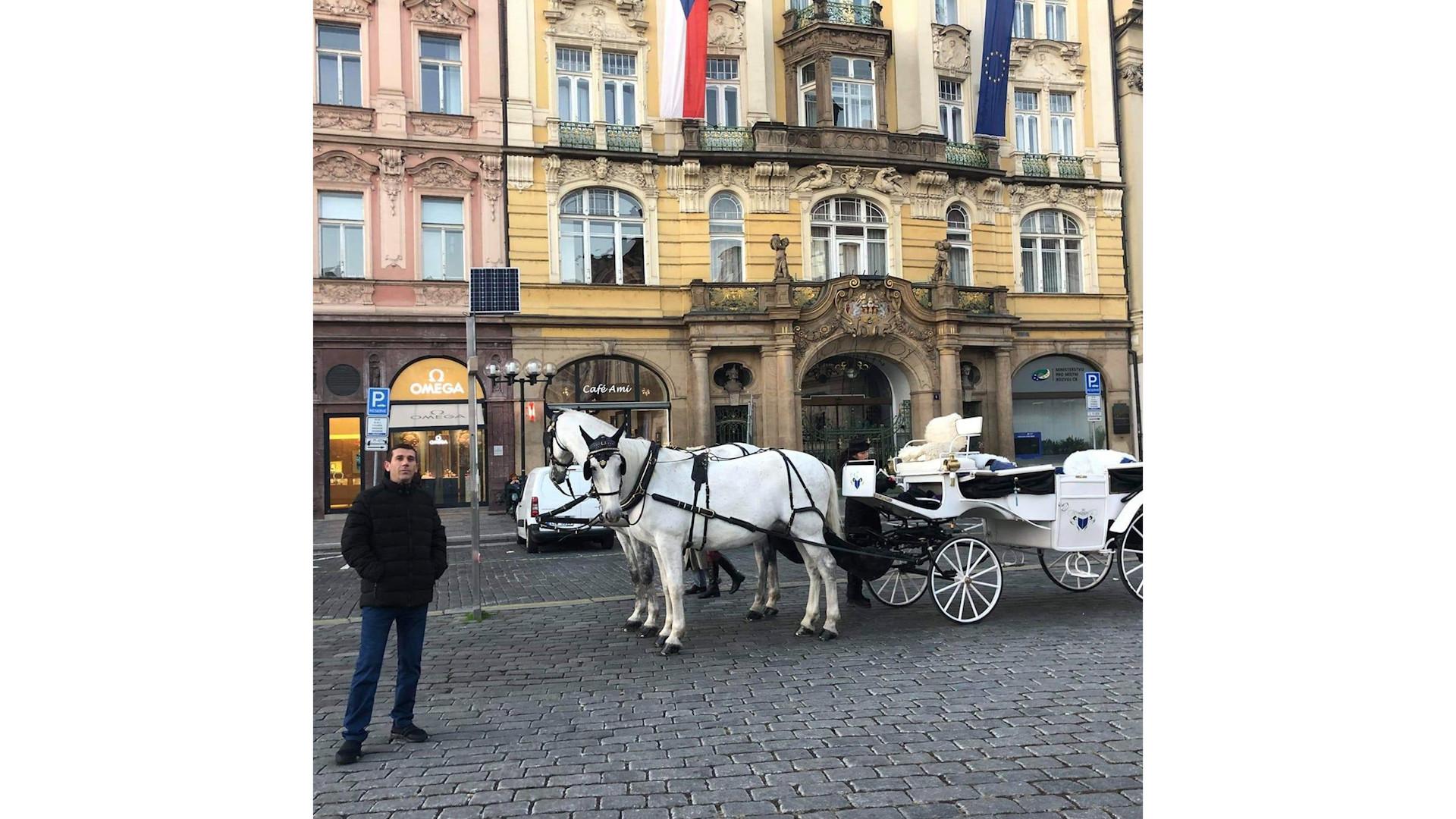
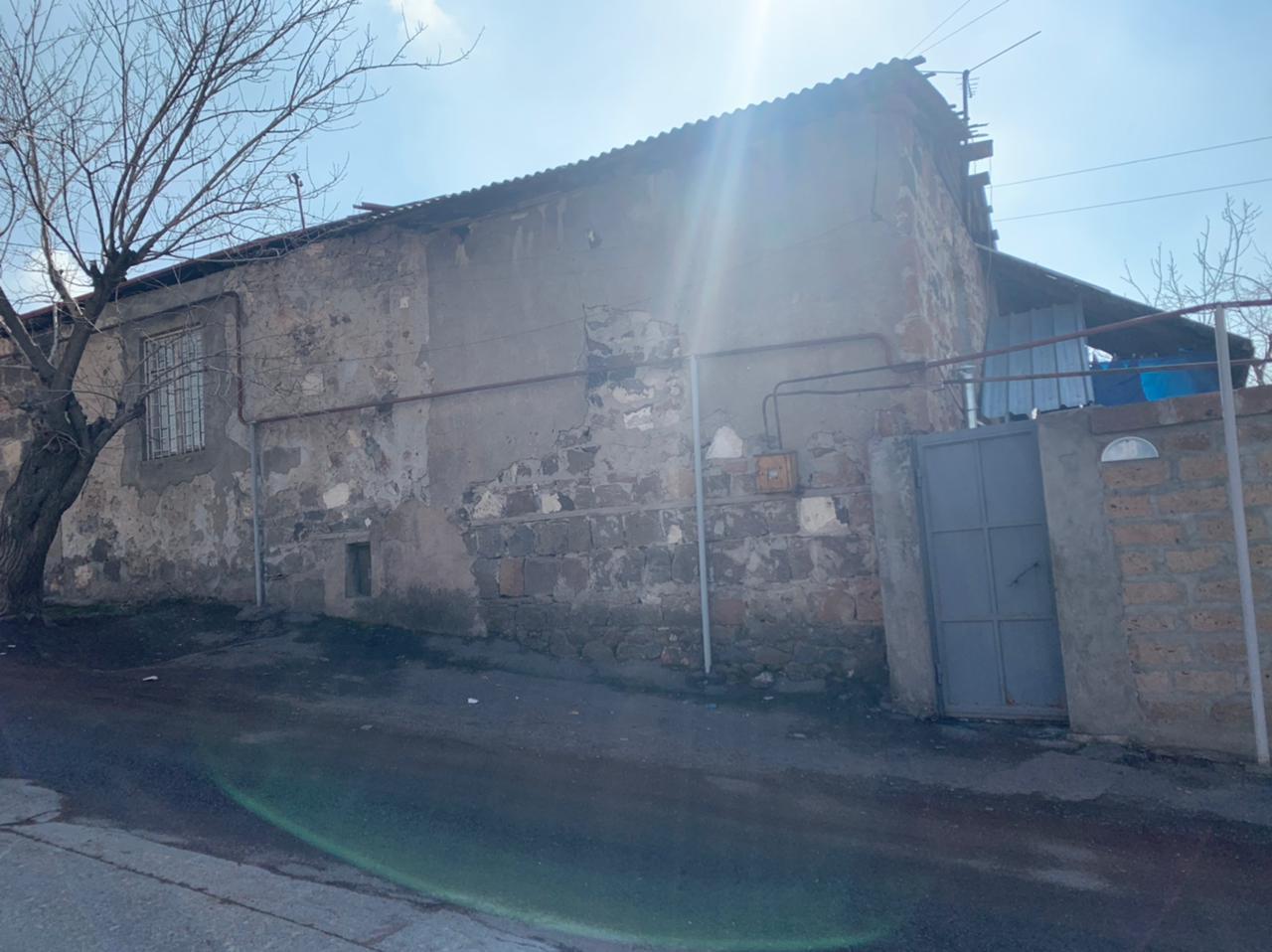
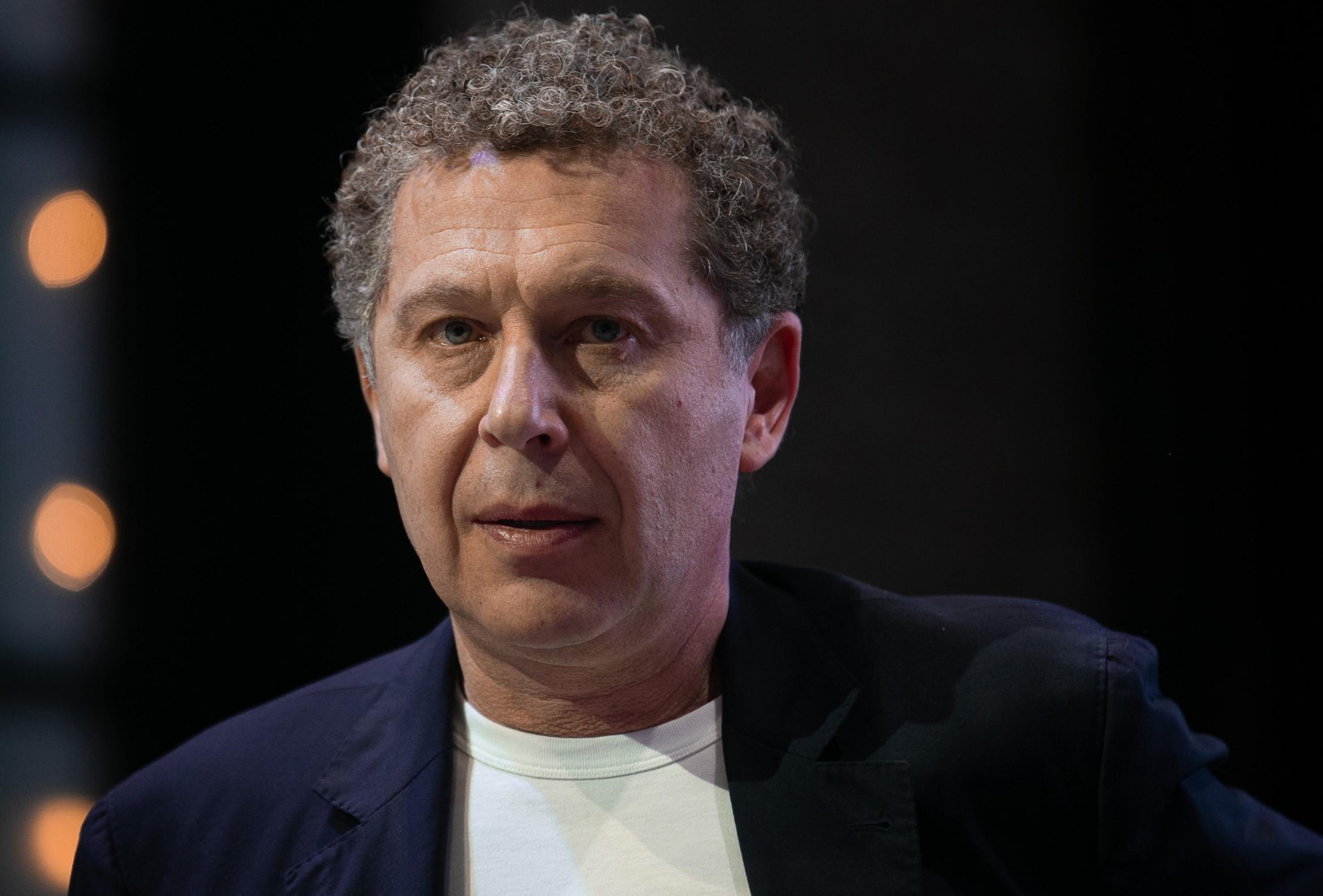
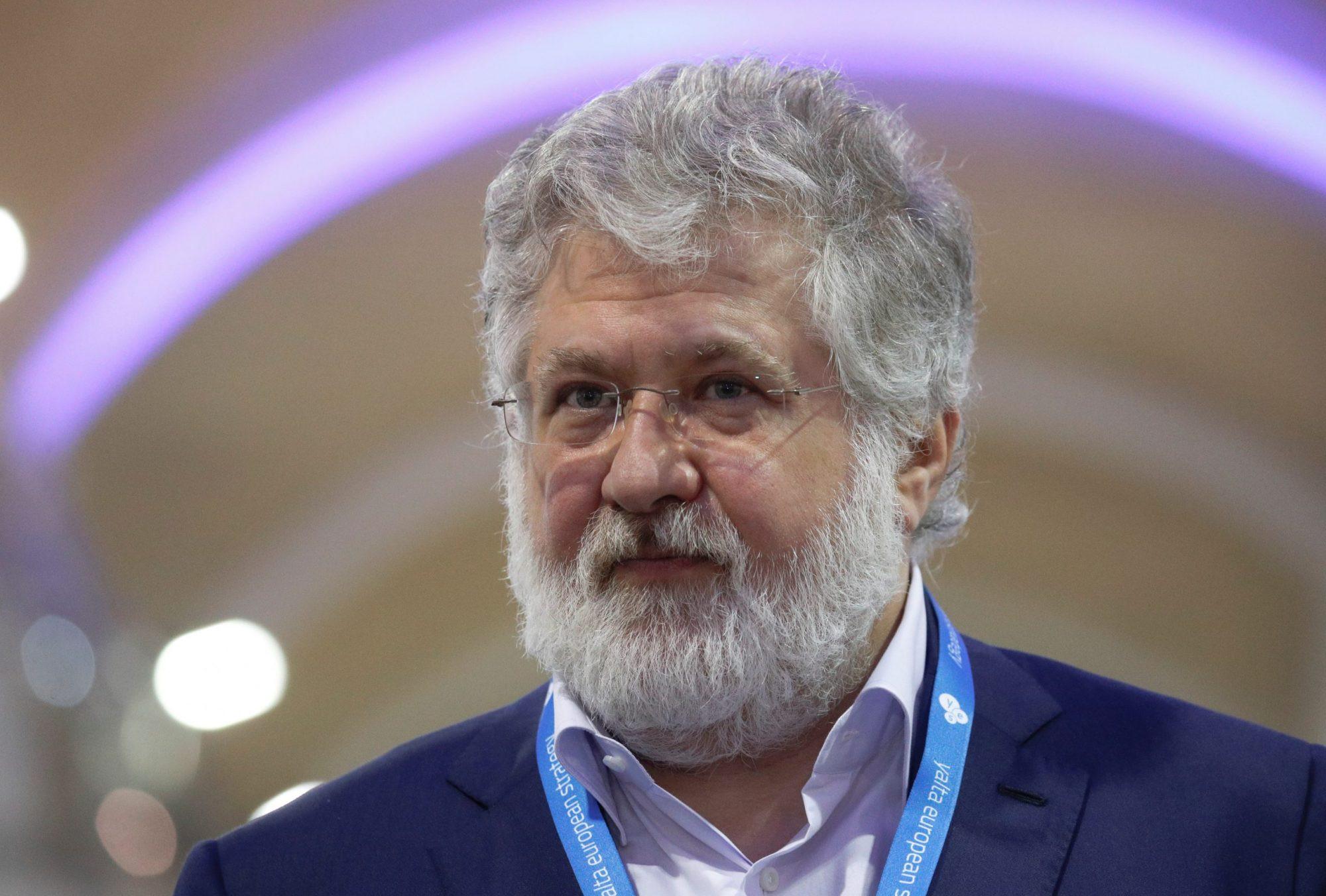
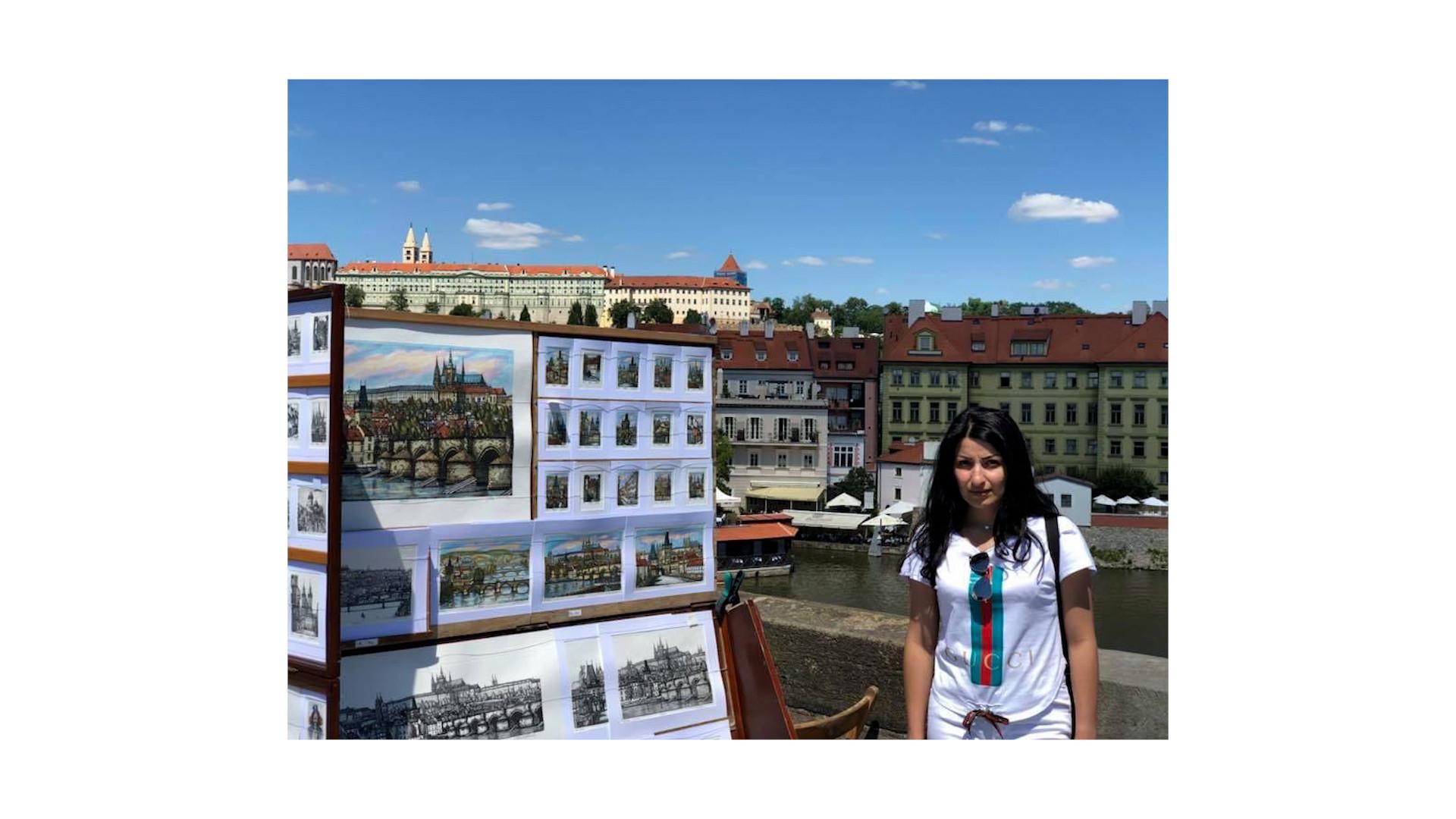
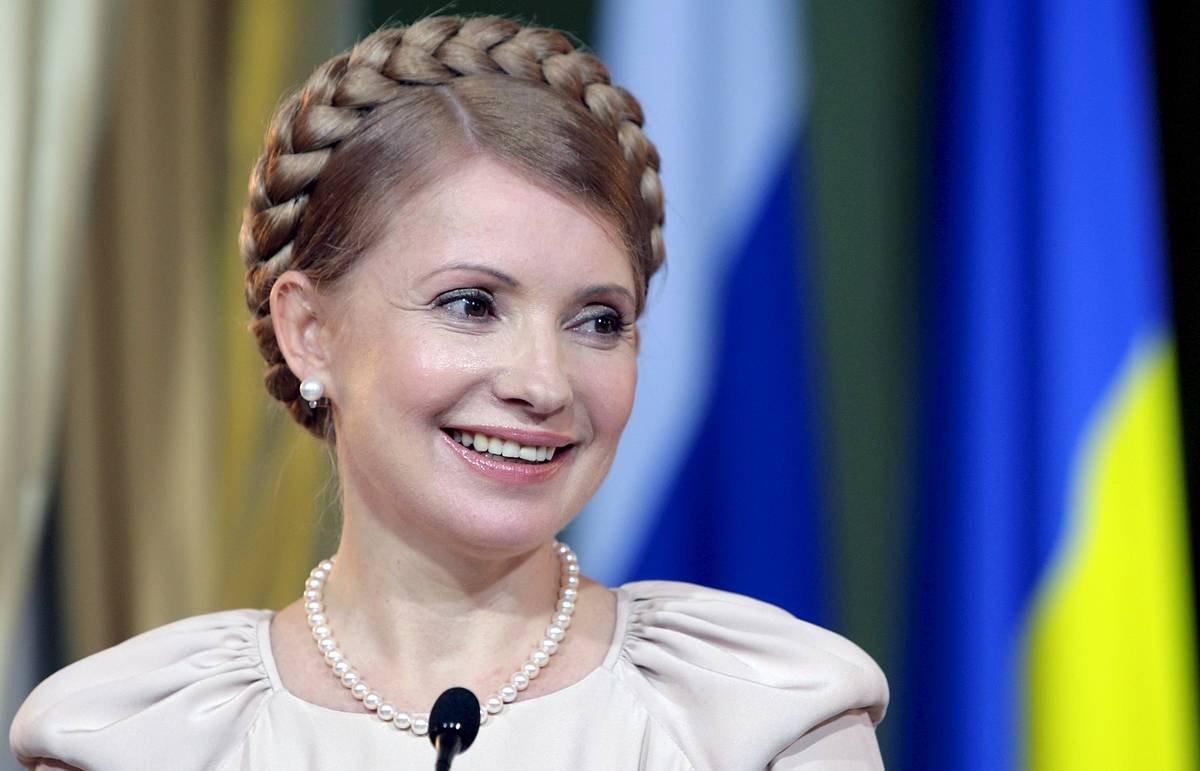

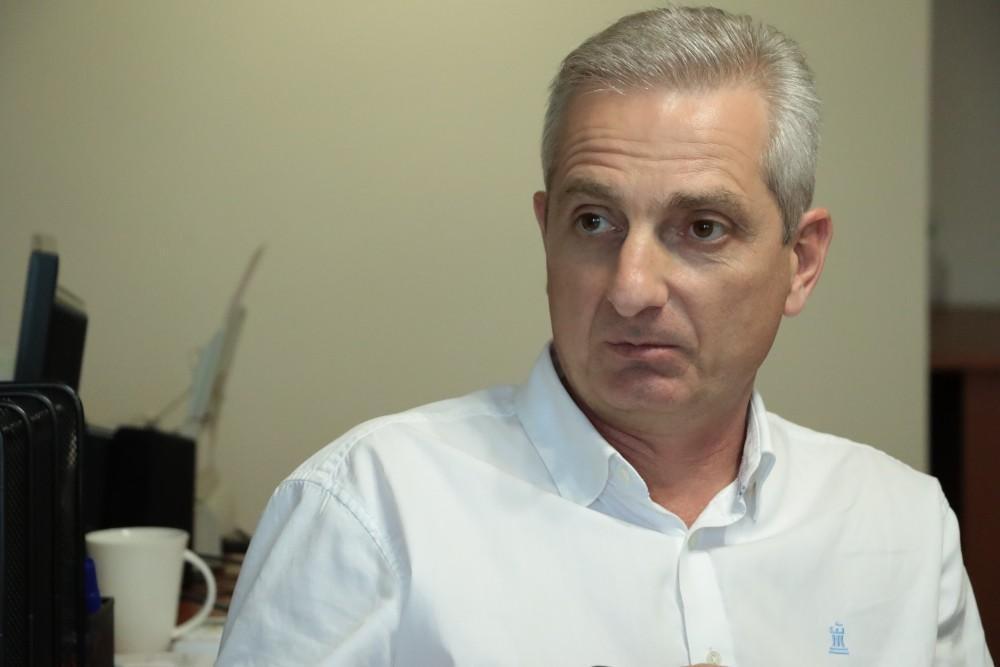
Write a comment